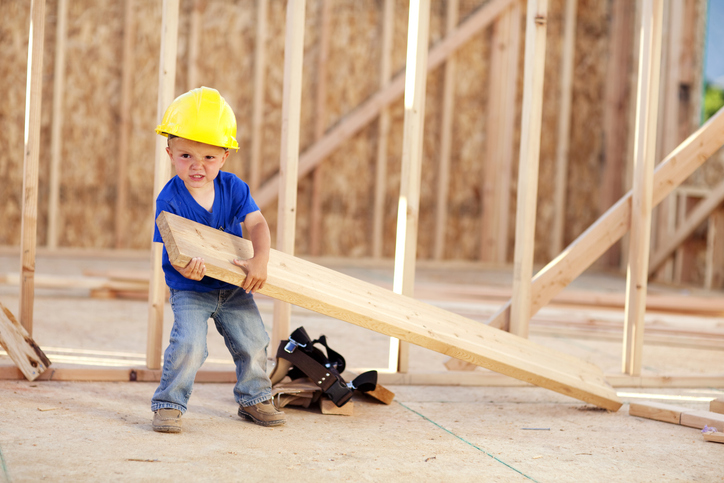Buying Land To Build Your Own Home
When most people dream of building their own home, the first thing they imagine is finding the perfect piece of land. That excitement makes sense—after all, the land you choose will shape everything that comes next. However, buying land to…


